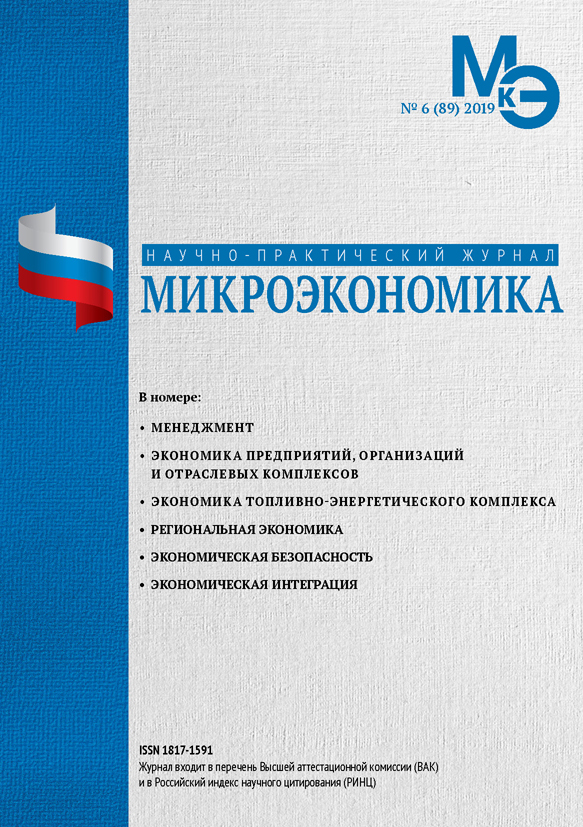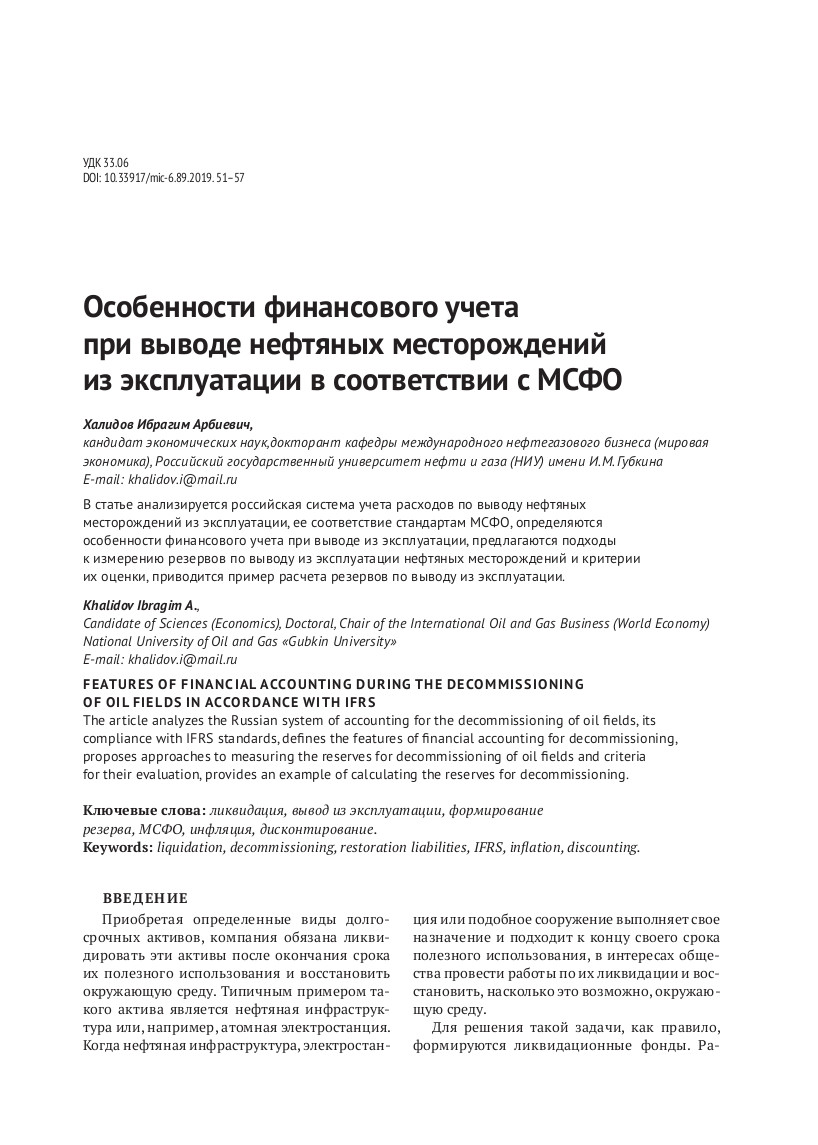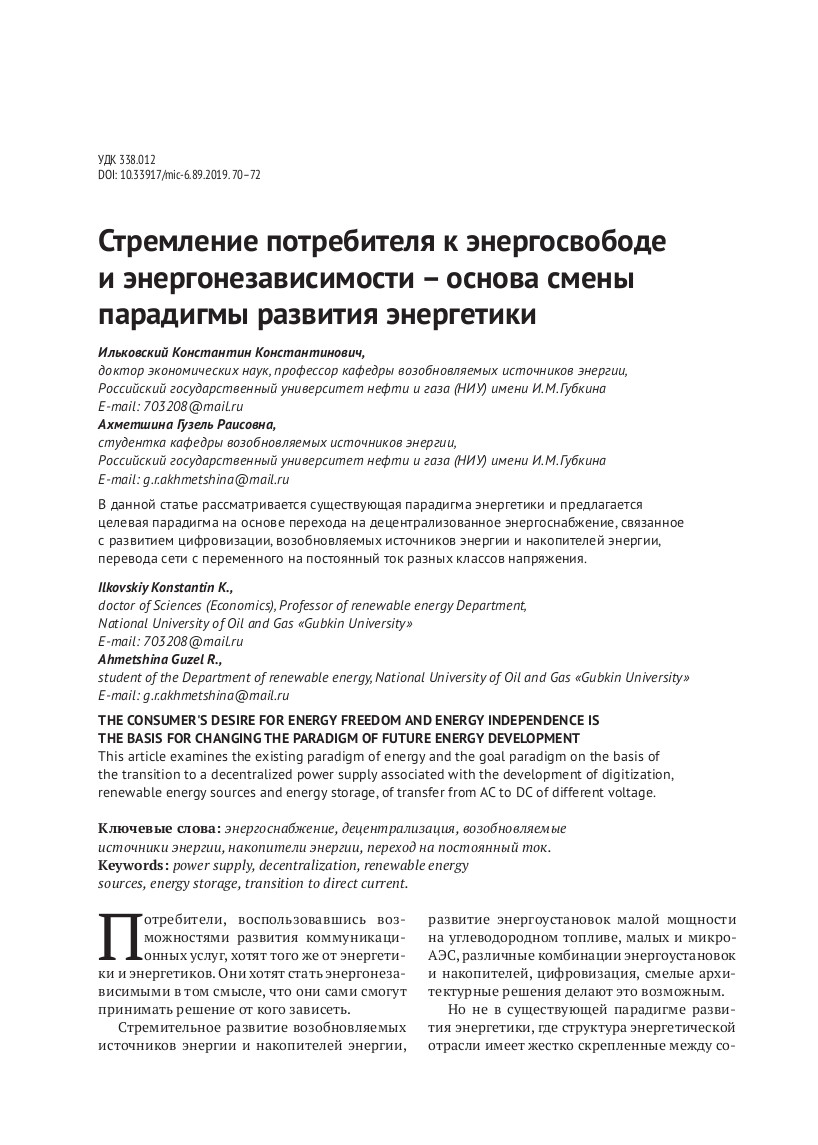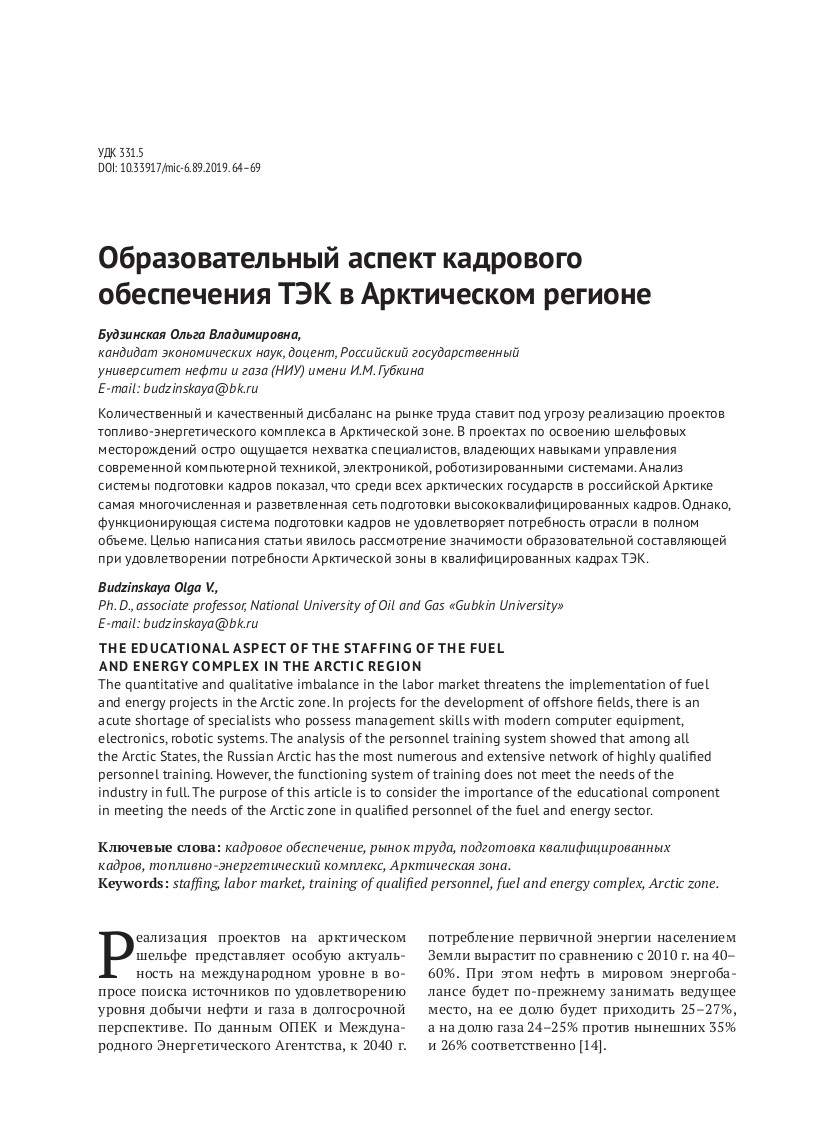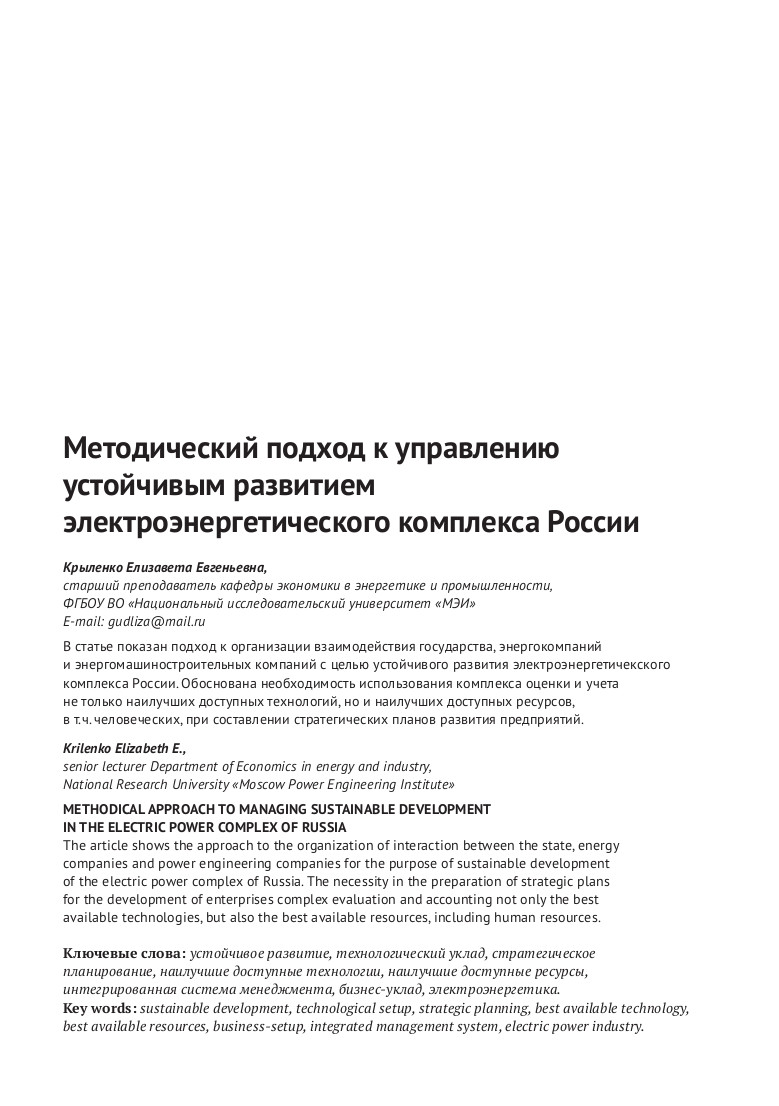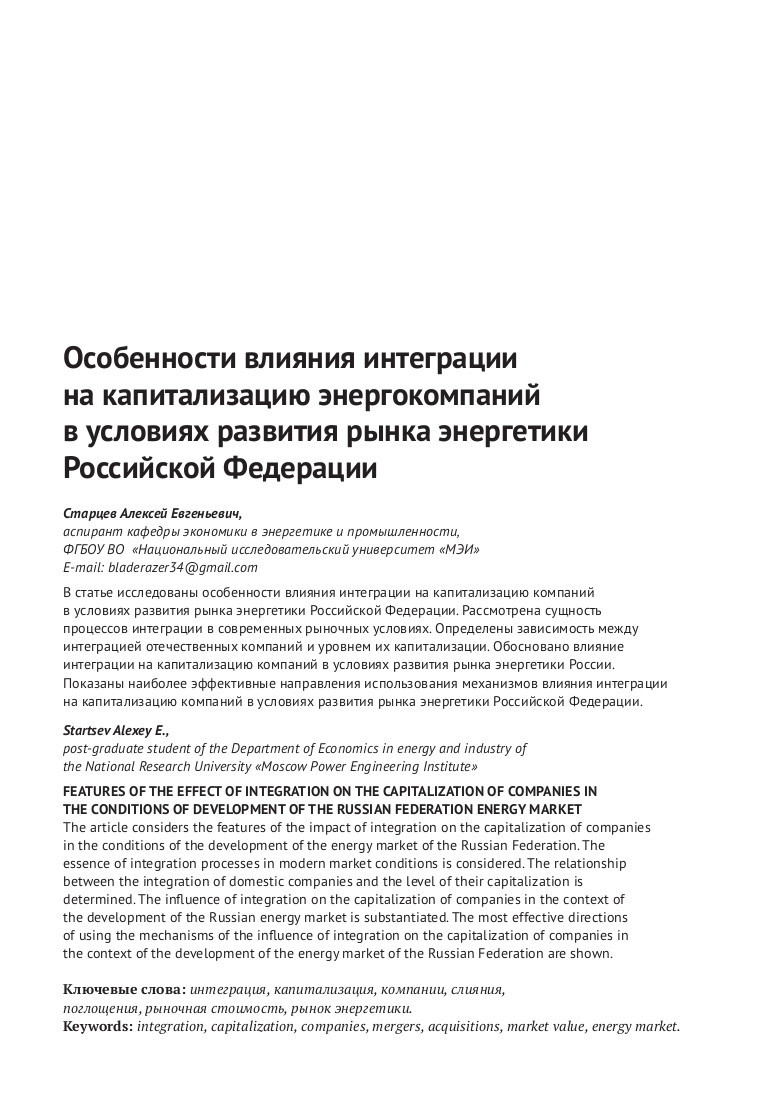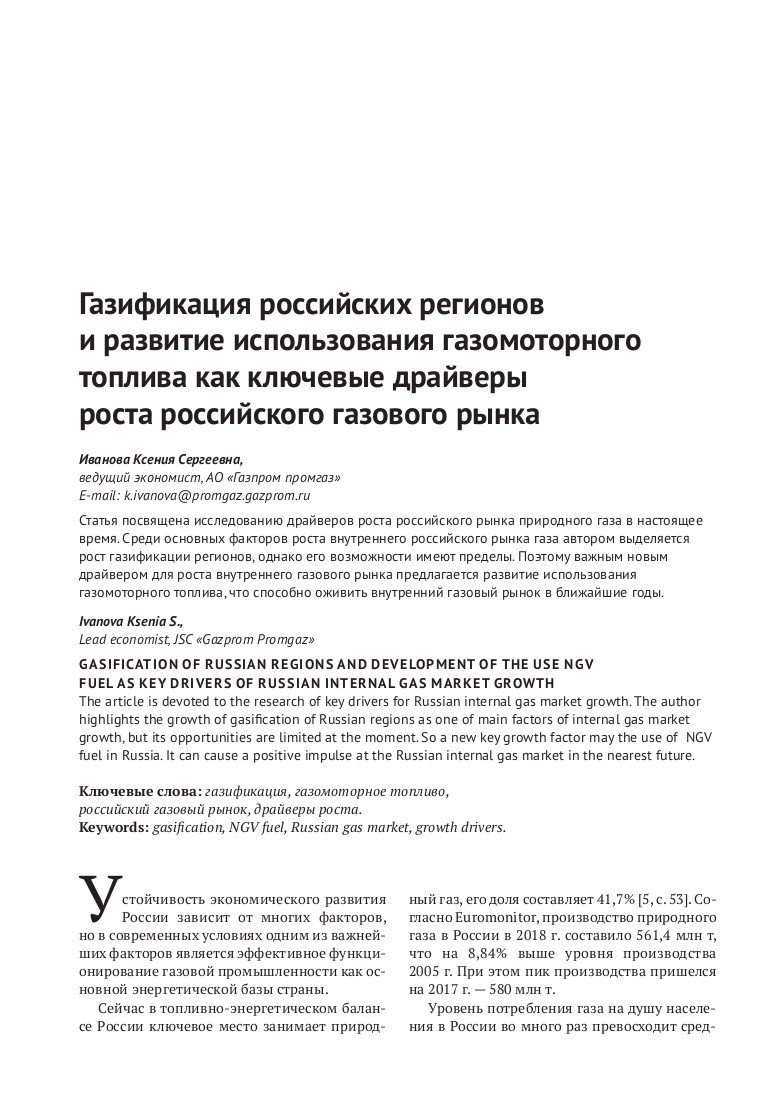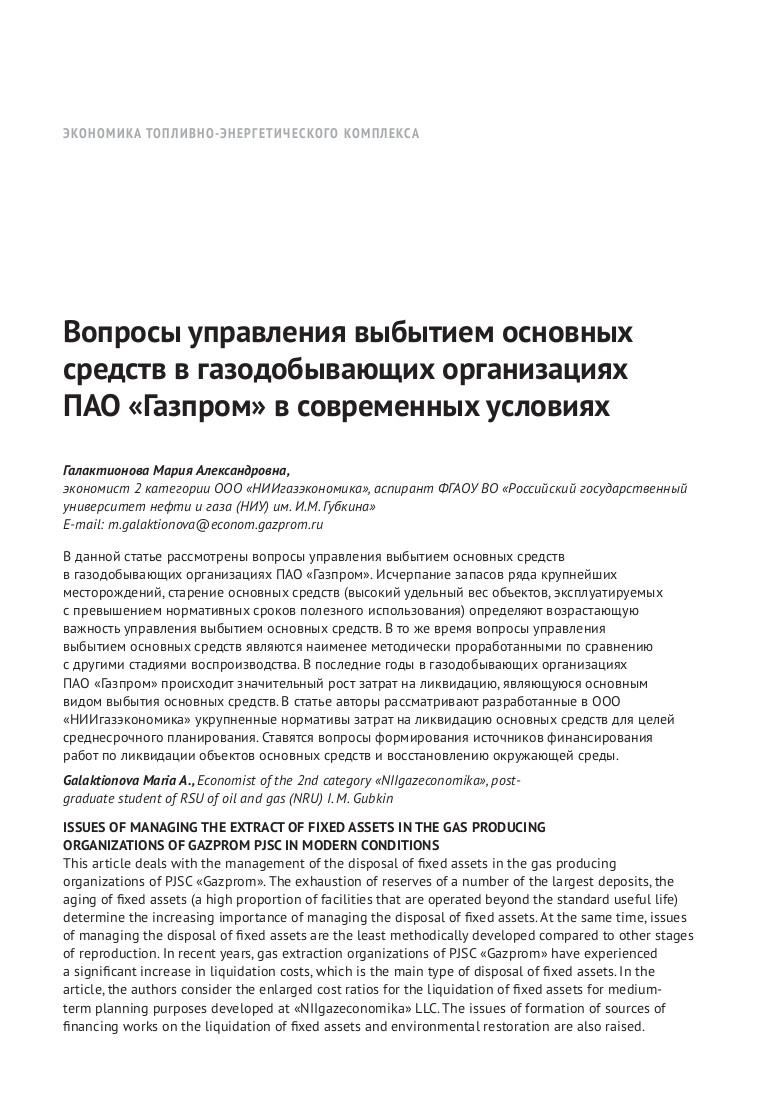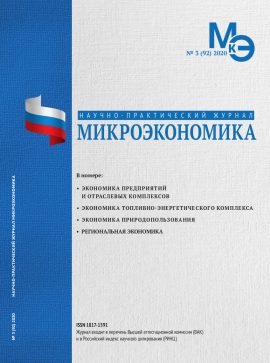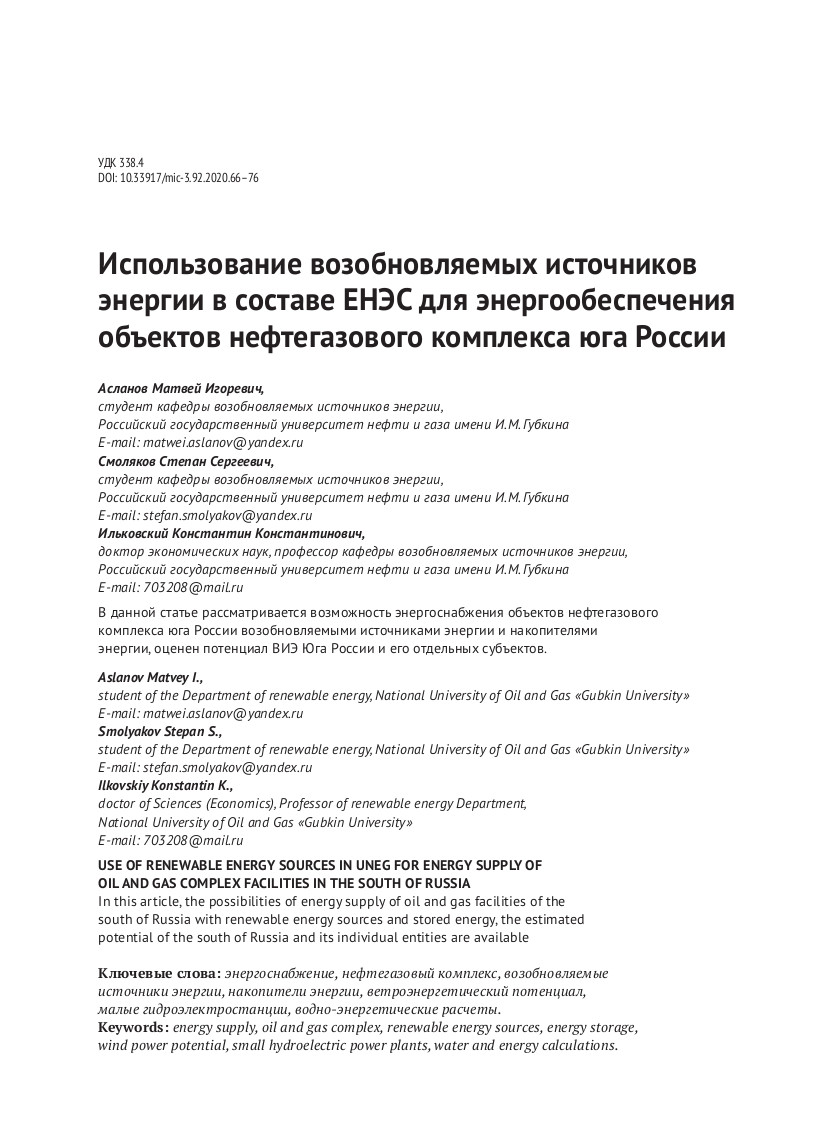Features of financial accounting during the decommissioning of oil fields in accordance with IFRS
DOI: 10.33917/mic-6.89.2019.51-57
The article analyzes the Russian system of accounting for the decommissioning of oil fields, its compliance with IFRS standards, defines the features of financial accounting for decommissioning, proposes approaches to measuring the reserves for decommissioning of oil fields and criteria for their evaluation, provides an example of calculating the reserves for decommissioning.


